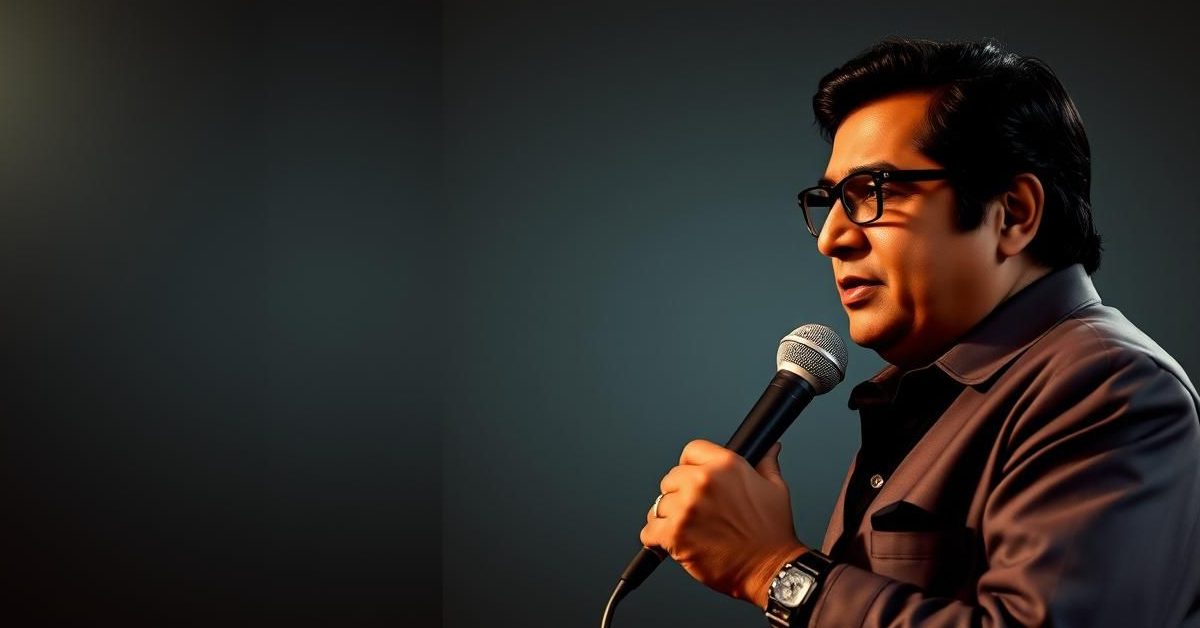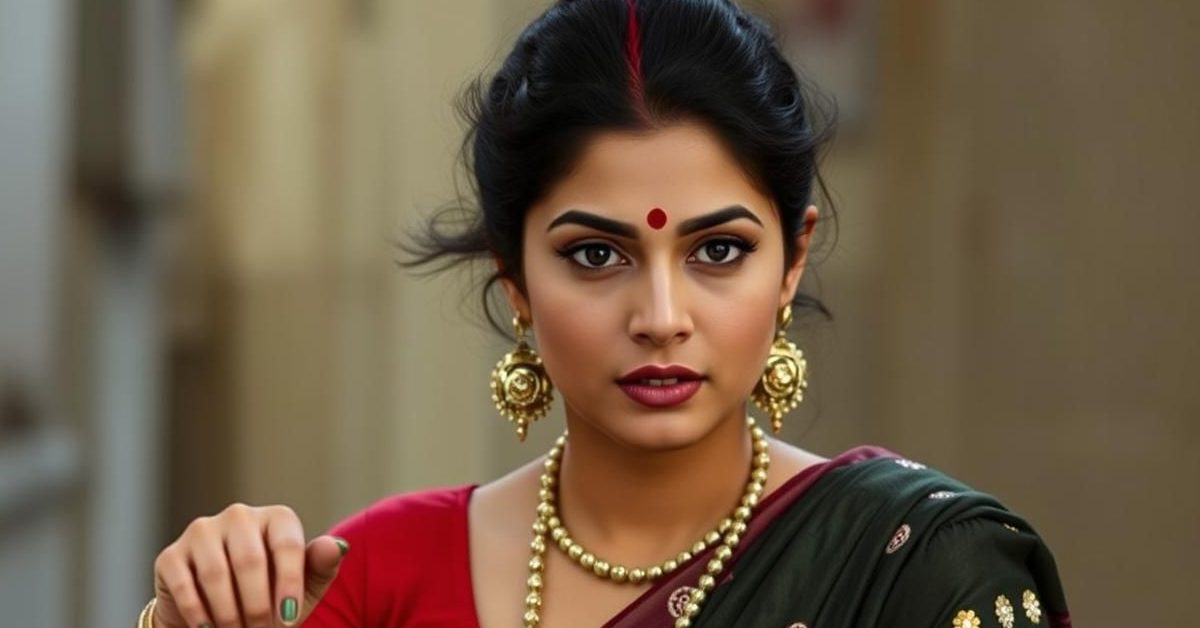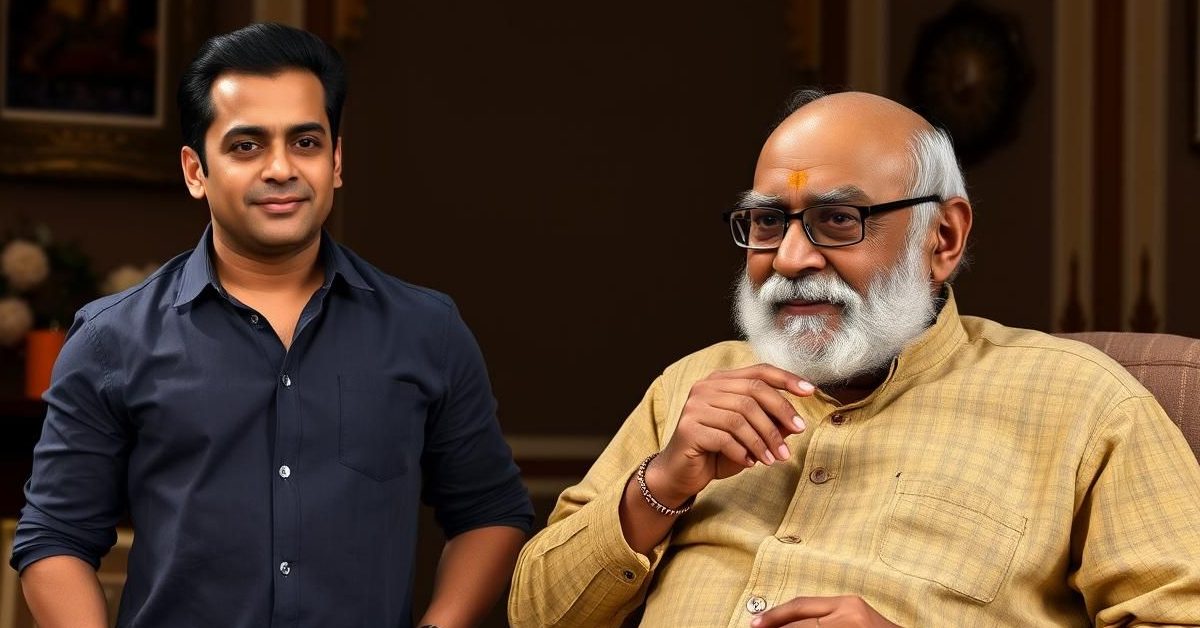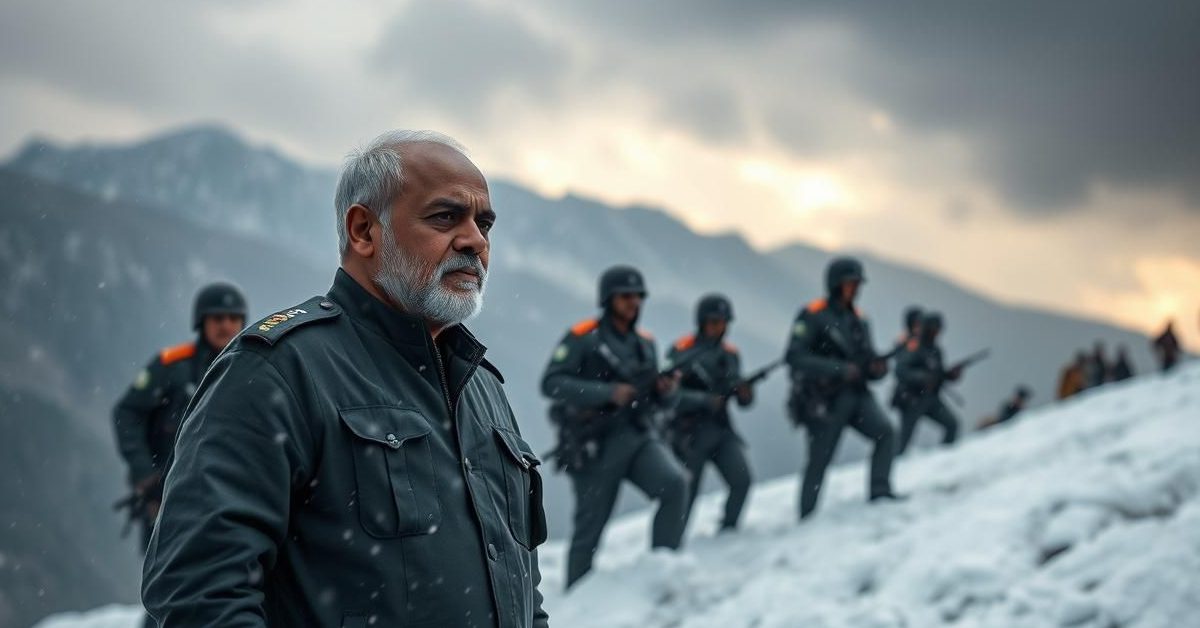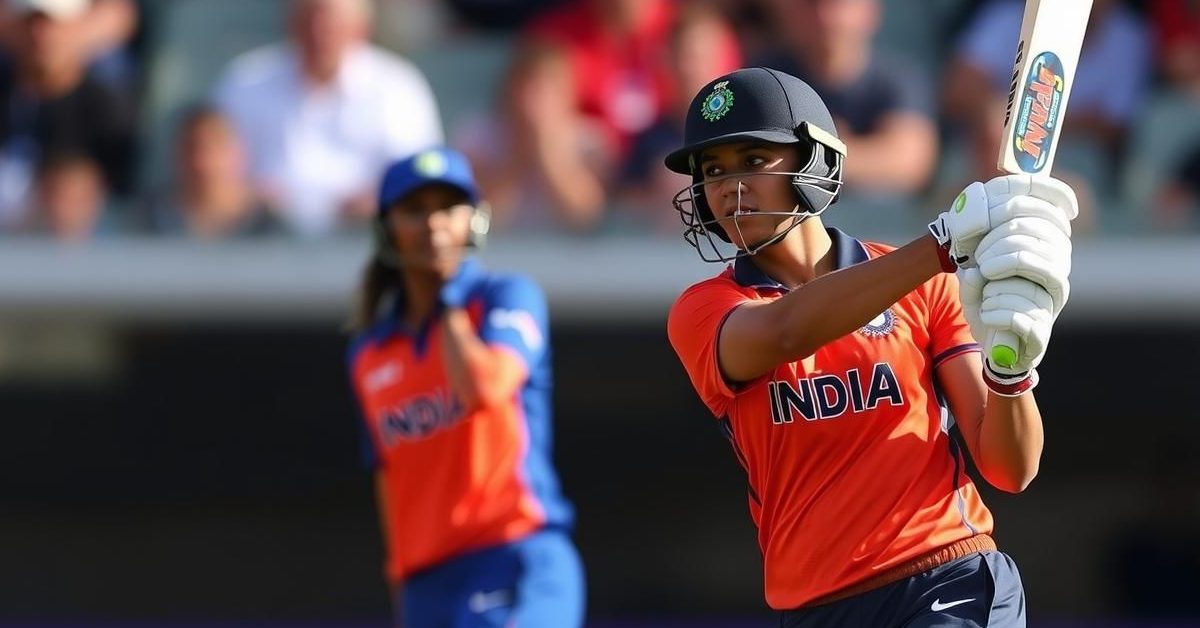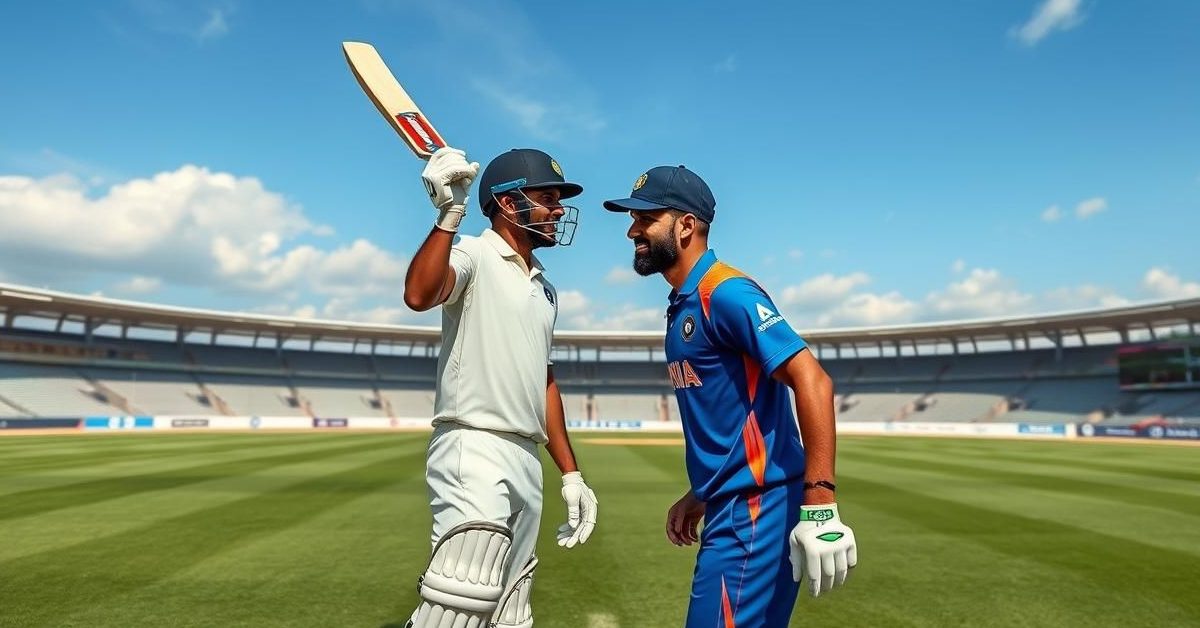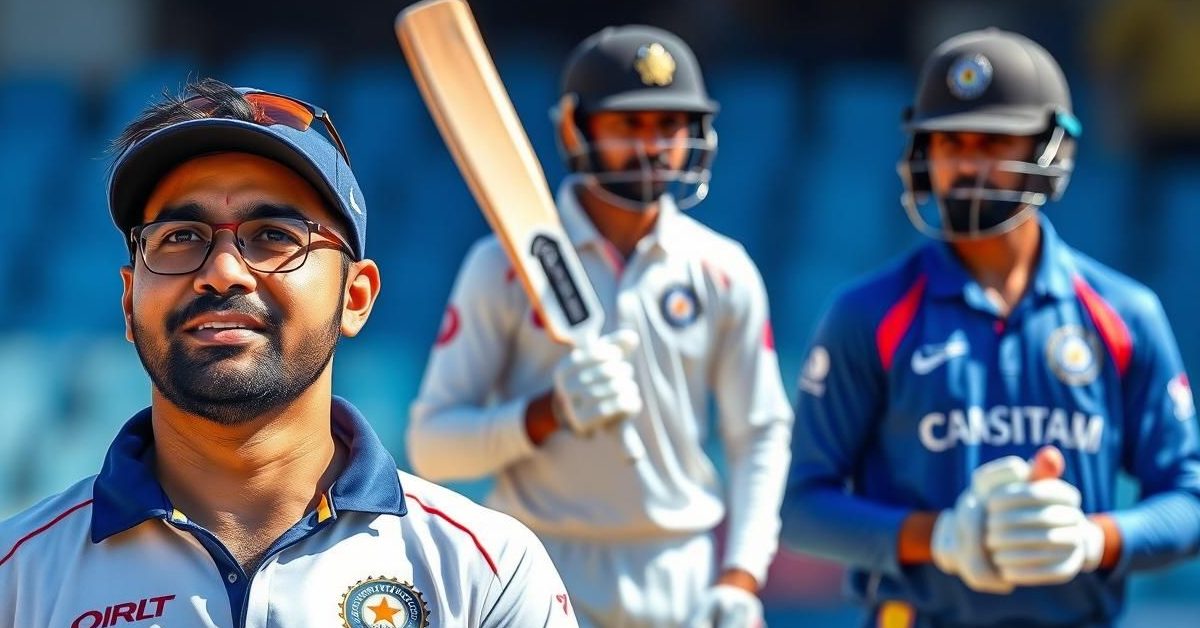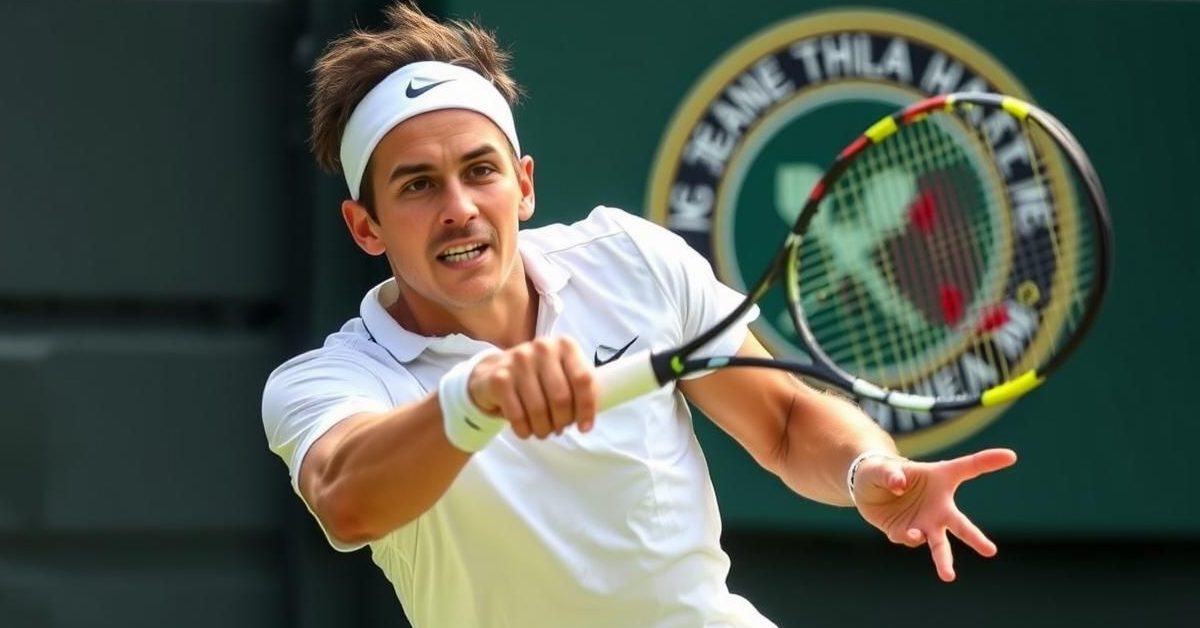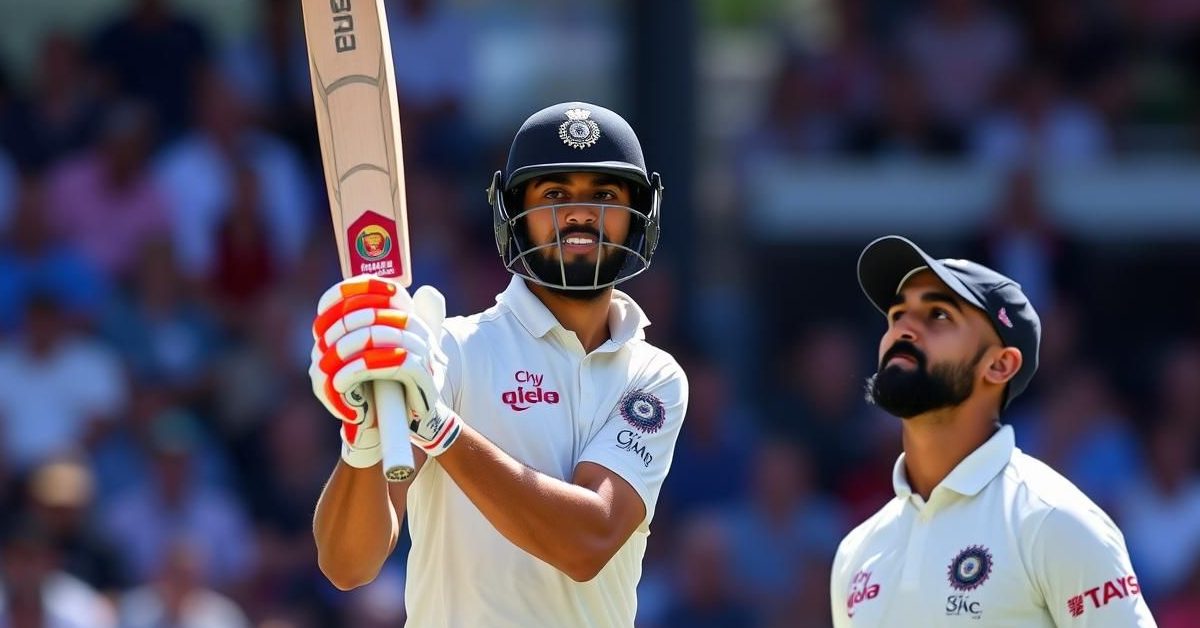The Unthinkable Shadow: When Bollywood Questioned Mohd Rafi’s Legacy
Mohd Rafi, a name synonymous with melodic perfection, graced Indian cinema with his unparalleled voice from the 1940s until his passing in 1980. His artistry earned him immense reverence and adoration across generations. Yet, even a legend of his stature faced a period of profound self-doubt, a phase that eerily coincided with the meteoric rise of another colossal talent, Kishore Kumar, in the early 1970s. This challenging era cast a long, unexpected shadow over Rafi’s brilliant career.
The Shifting Tides of Bollywood: Kishore Kumar’s Ascendancy
For a long time, the music cognoscenti viewed Kishore Kumar with a degree of skepticism. Renowned singer Sudesh Bhosle recently recalled on Shubhankar Mishra’s YouTube channel how many music “pundits” initially dismissed Kishore, primarily because he wasn’t formally trained in classical music. They saw him as an anomaly, an outsider to the traditional tenets of playback singing.
Composers like Kalyanji-Anandji, however, recognized something unique in Kishore’s vocal delivery. When confronted by classical musicians about why they offered opportunities to an ‘untrained’ singer, their response was often resolute: “But Kishore gives us what we want. He delivers the expressions, the sheer feeling that a song truly needs.” This marked a subtle, yet significant, shift in the industry’s focus from pure classical adherence to raw, emotive performance.
From Skepticism to Supremacy: The Media’s Abrupt Turn
Within a few short years, the narrative around Kishore Kumar underwent a dramatic transformation. The very producers and media outlets that had once questioned his classical credentials began to herald him as the undisputed king of playback singing. They went so far as to declare Mohd Rafi, a living legend, “finished.”
This sudden, cruel twist of fate deeply pained Kishore Kumar himself. Sudesh Bhosle recounted how Kishore *da* had to eventually implore media persons to cease the hurtful comparisons, emphasizing his immense respect for Rafi *saab*. The truth, as Bhosle highlighted, was not that Rafi’s singing had diminished; rather, Kishore’s destiny had simply soared to new, unprecedented heights.
The Emotional Toll: “I Am Not a Singer”
The industry’s abrupt pivot had a profound psychological impact on Rafi. Amit Kumar, Kishore Kumar’s son, once shared an anecdote about Rafi’s initial reaction to Kishore’s rising fame. After the monumental success of *Aradhana* (1969), which firmly established Kishore Kumar as the voice of superstar Rajesh Khanna, the demand for Kishore’s songs became overwhelming. People started declaring, “We don’t care who the hero is, but a song by Kishore Kumar is non-negotiable!” This phenomenon led to Kishore lending his voice to actors for whom Rafi *saab* had traditionally sung.
It was in the early 1970s that the constant, relentless comparisons and the perceived shift in industry preference reportedly sent Mohd Rafi into a deep depression. Stories circulated, though their full veracity remains elusive, that Rafi *saab* grew a beard during this harrowing period, retreating into himself. He would meet his mentor, the legendary music director Naushad, and heartbreakingly confess, “I am not a singer.” Naushad, a steadfast pillar of support, played a crucial role in helping Rafi rebuild his shattered confidence.
The Resurgent Phoenix: Manmohan Desai’s Unwavering Belief
Despite the period of self-doubt and a brief sabbatical sometimes attributed to a throat infection or even a complete loss of voice, Rafi’s resilience was undeniable. His comeback was powered by the unwavering belief of certain industry stalwarts. It was Laxmikant-Pyarelal, the iconic composer duo, who reached out to Mohd Rafi for the 1977 blockbuster *Amar Akbar Anthony*.
Director Manmohan Desai, a colossal admirer of Rafi *saab*’s talent, enthusiastically cheered him on. When Rafi, still struggling with his inner demons, questioned his own worth – “Why are you calling me? I am not a singer” – Desai’s conviction and genuine admiration helped rekindle the maestro’s spirit. This renewed confidence led to some of Rafi’s most enduring hits from the film, including the iconic qawwali “Parda Hai Parda” and the devotional “Shirdi Wale Sai Baba.”
A Historic Collaboration: Four Legends United
In a truly cinematic moment, *Amar Akbar Anthony* also featured a rare and historic collaboration that brought together the unparalleled vocal talents of Mohd Rafi, Kishore Kumar, and Mukesh, alongside Lata Mangeshkar. The quartet lent their voices to the song “Humko Tumse Ho Gaya Hai Pyar,” picturised on the three male leads and their respective heroines. The industry heavily promoted this unprecedented union as a massive coup, a testament to the collective power and enduring appeal of these legendary artists, demonstrating that true talent, in the end, transcends perceived rivalries.
